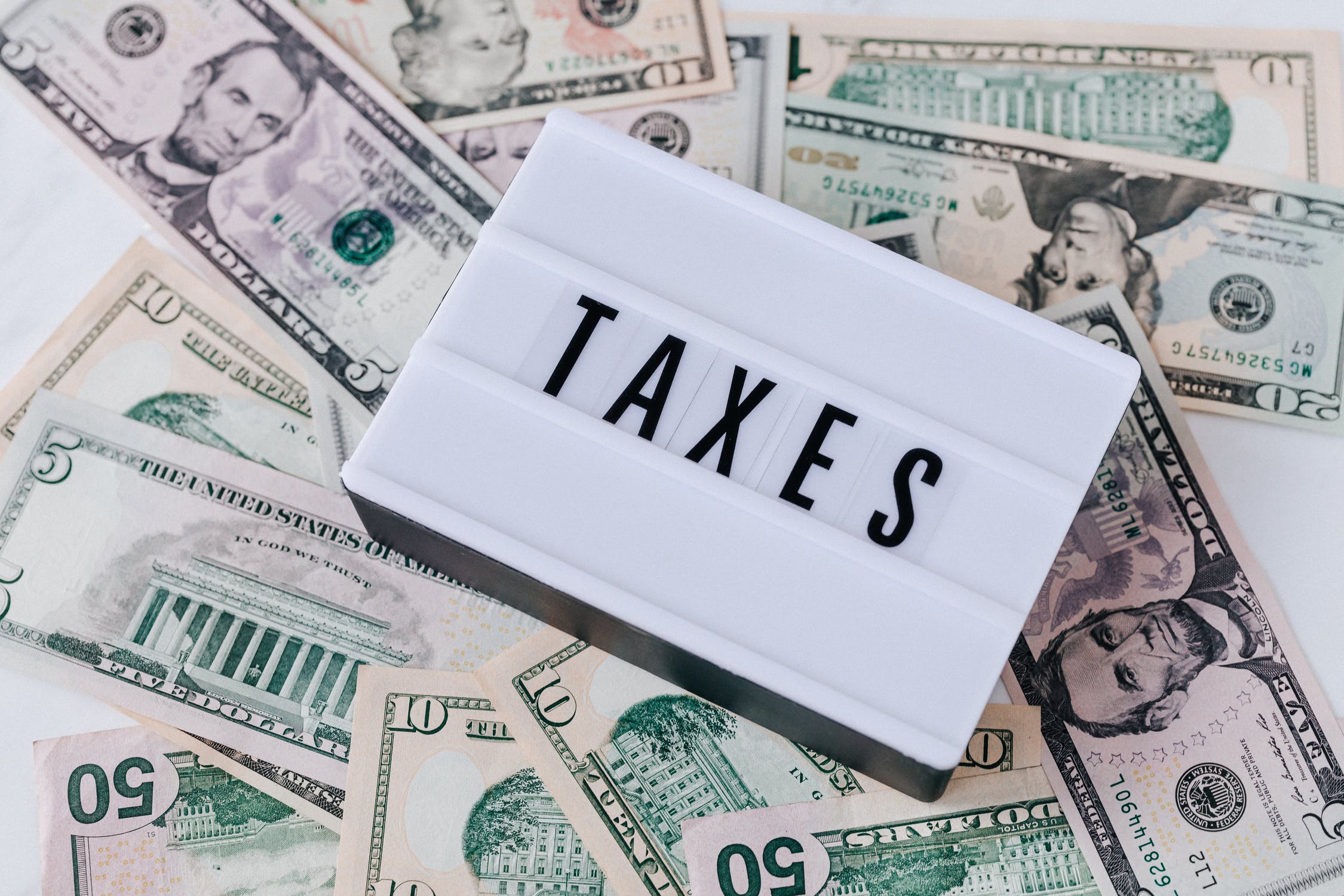When paying taxes as a small business, an individual, or a large corporation, it’s essential to manage the process correctly, so you don’t get caught off-guard with a large bill at the end of the year. Every business will need to pay different amounts of tax depending on its legal entity, which state it’s based in, and how many people are employed, so the approach to paying taxes will always be unique.
Small businesses will need to pay taxes throughout the year based on an estimated amount of profit, and then taxes are reconciled at the end of the year to ensure that the correct amount has been paid. Depending on how accurate this estimate is, you may find a large discrepancy between the amount paid and what’s owed, leaving you with either credit or debit to be paid. Due to the uncertain nature of running a small business, it’s recommended to set a portion of earnings aside to cover taxes each month. If you start a new business, this is an even higher priority as you don’t have any prior payments to estimate how much you’ll need to pay correctly. Be sure to check out filing taxes for dummies for guidance.
Make this process easier with the best practice of moving this money into a separate bank account from the day-to-day operations account to ensure that it’s not accidentally used for other expenses. Try setting up an automatic bank transfer that will take earnings, and add them to your ‘tax account’ each month, so that you don’t forget.
One of the best things you can invest in as a small business is a professional to consult and help with your taxes. It may be that you employ someone on a part-time basis to check your books and help with accounting throughout the year, and to pressure you if you’re busy with the day-to-day running of the business. Another option is to use a certified tax preparer at the end of the financial year who will be able to help make sure that your taxes are submitted correctly, and that you’ve used any tax credits. You can read more about certified tax preparers in this Taxfyle article.
A professional will be able to help you with the tax deductions and credits that you may be eligible for. Tax deductions such as home business tax deductions can significantly differ from the amount you’ll owe over the year. You can deduct costs of assets like vehicles or machinery the year you purchase it, which could result in a very significant saving.
Tax credits can also reduce the amount you’re liable for each year and be even better than deductions. For example, if you use alternative energy or fuel that’s more environment-friendly, you may be eligible for reducing your tax. With so many factors, it’s easy to see how some businesses may be paying significantly more in tax than others. It’s because they spent less time understanding the system.

